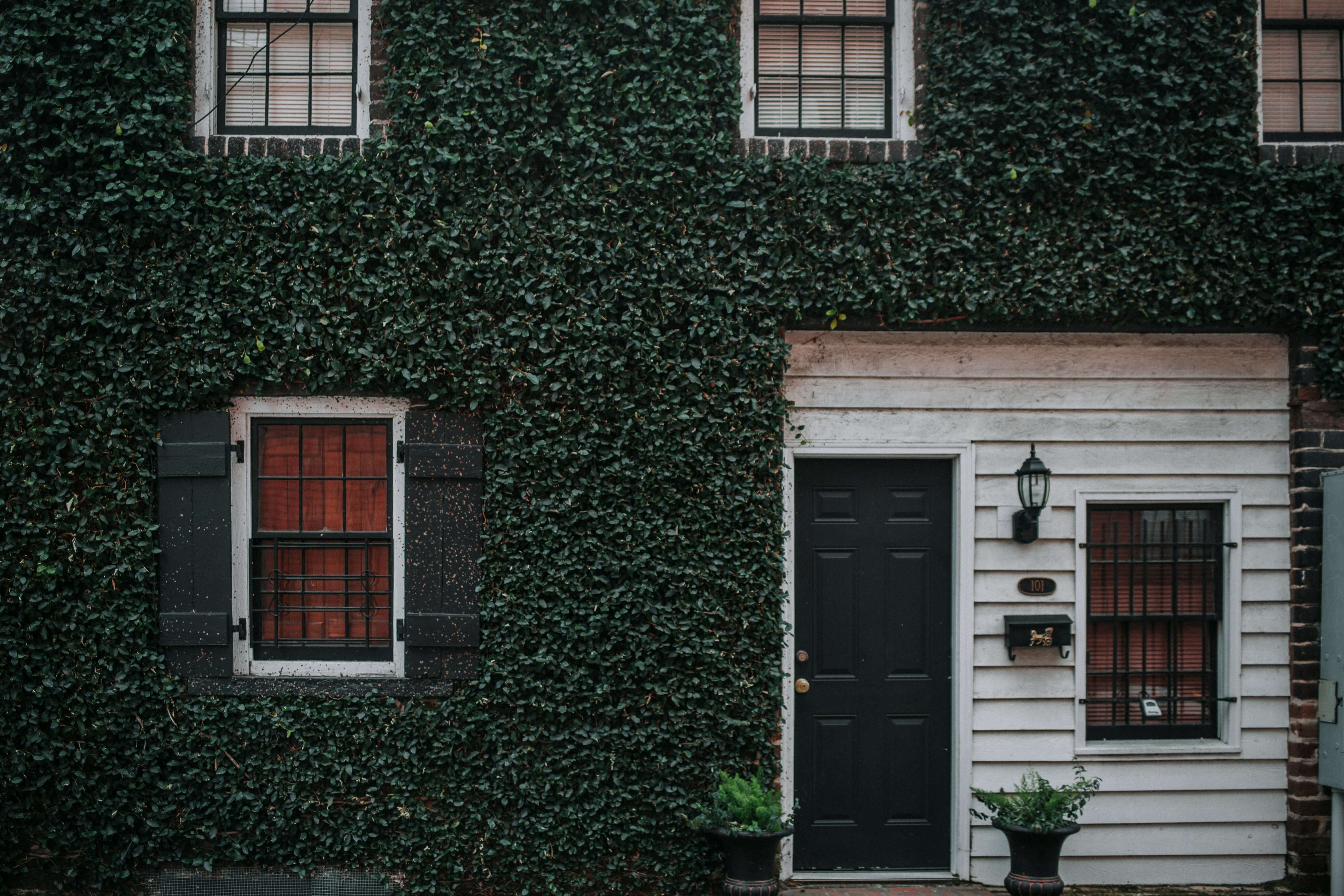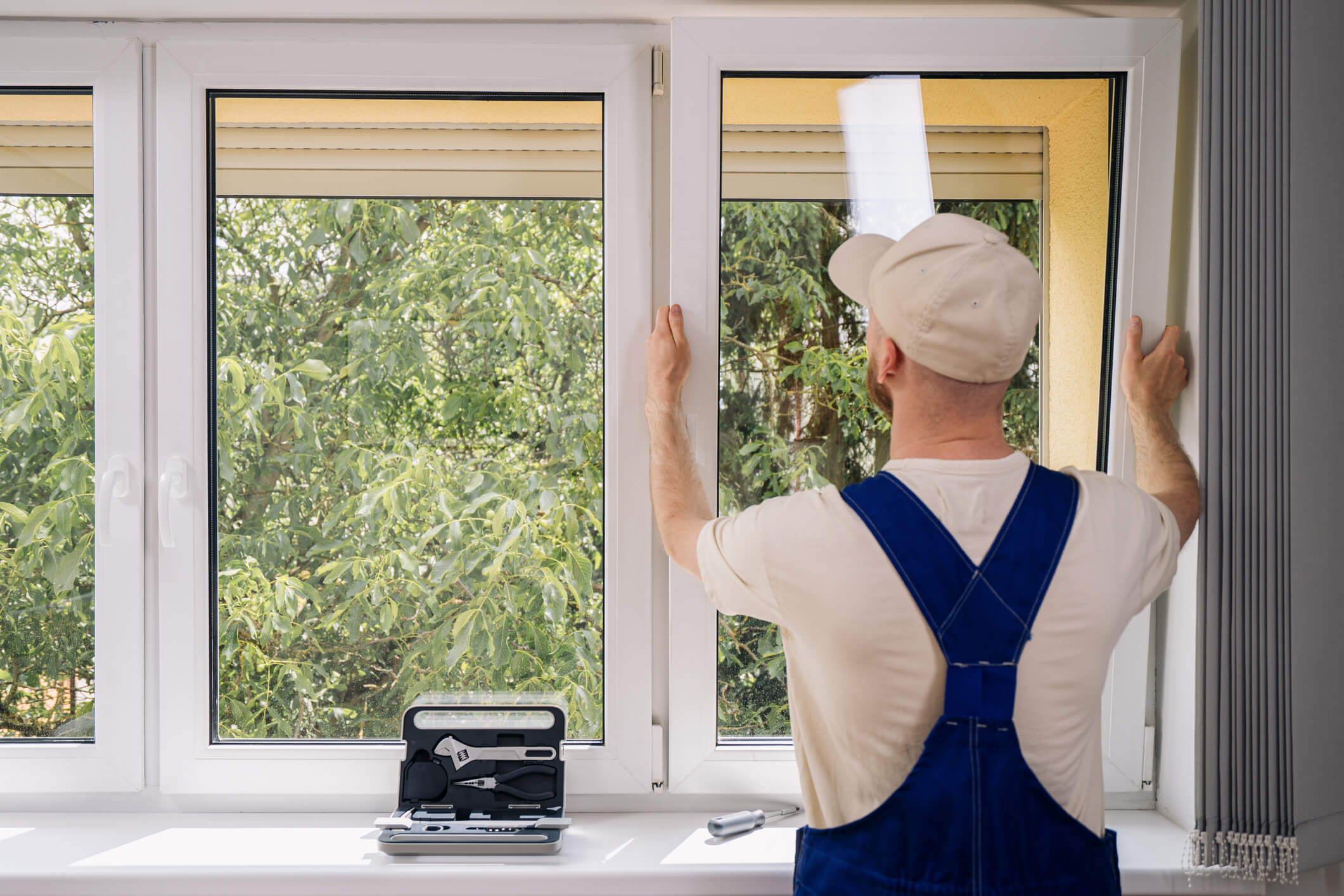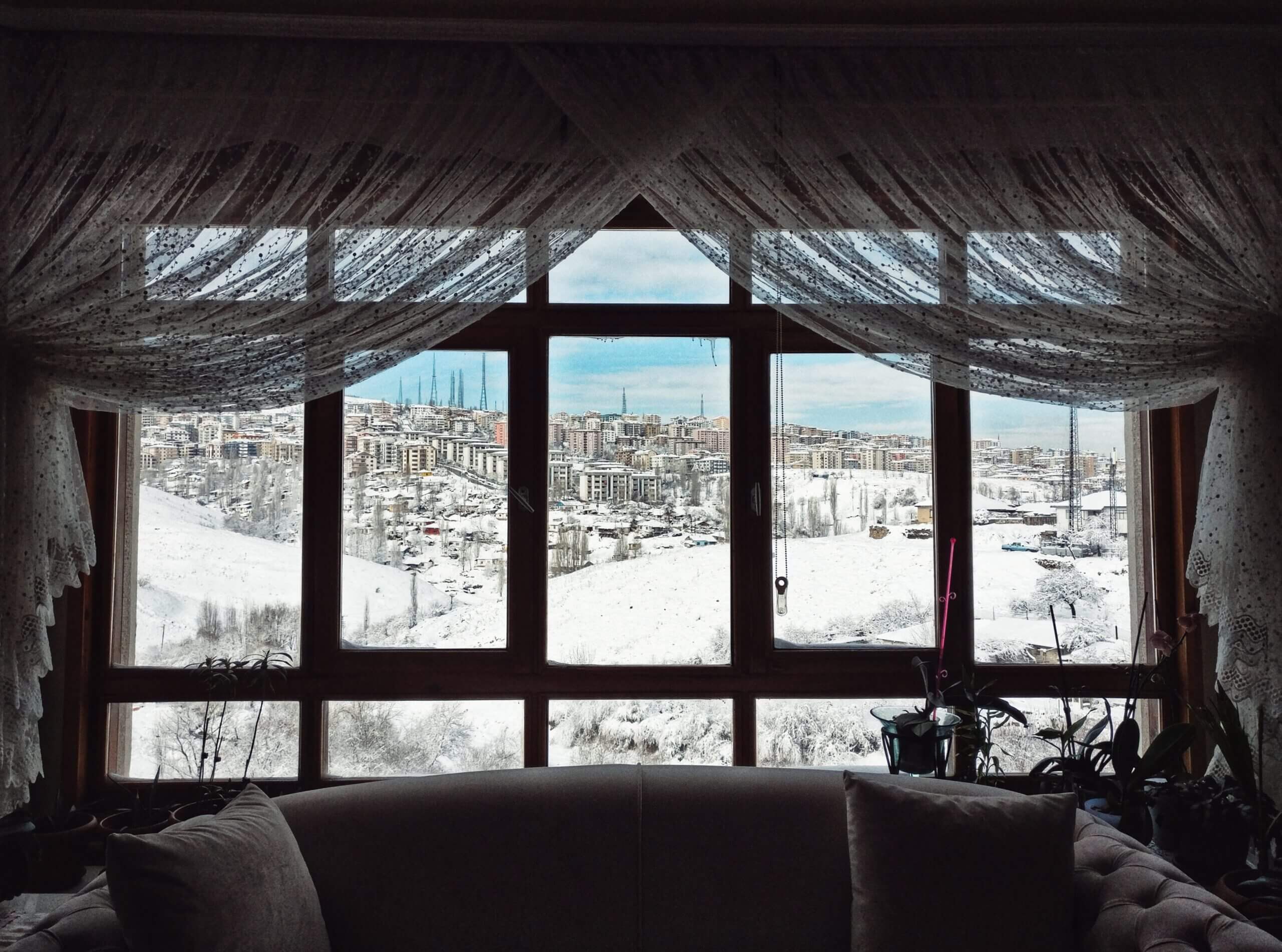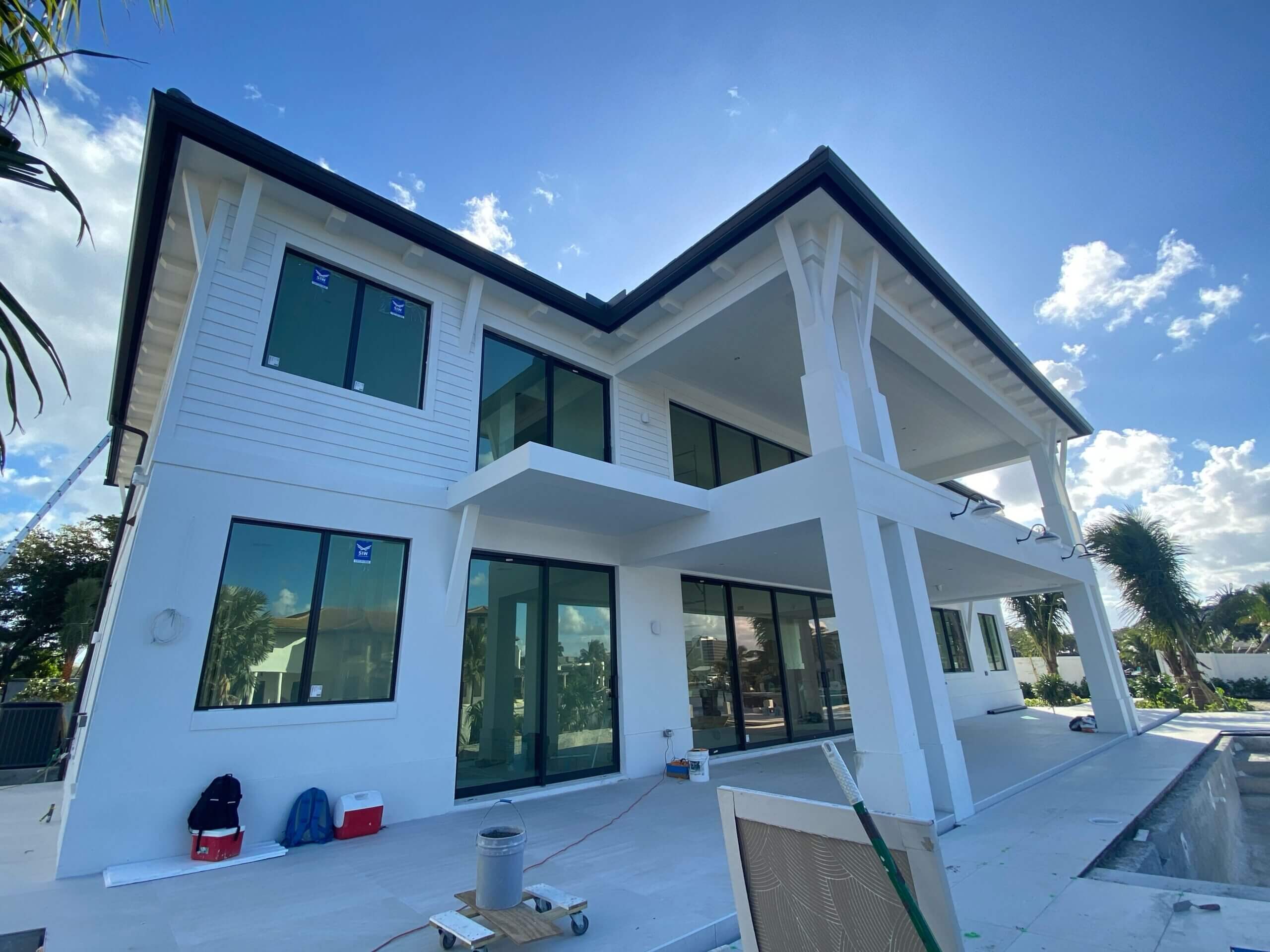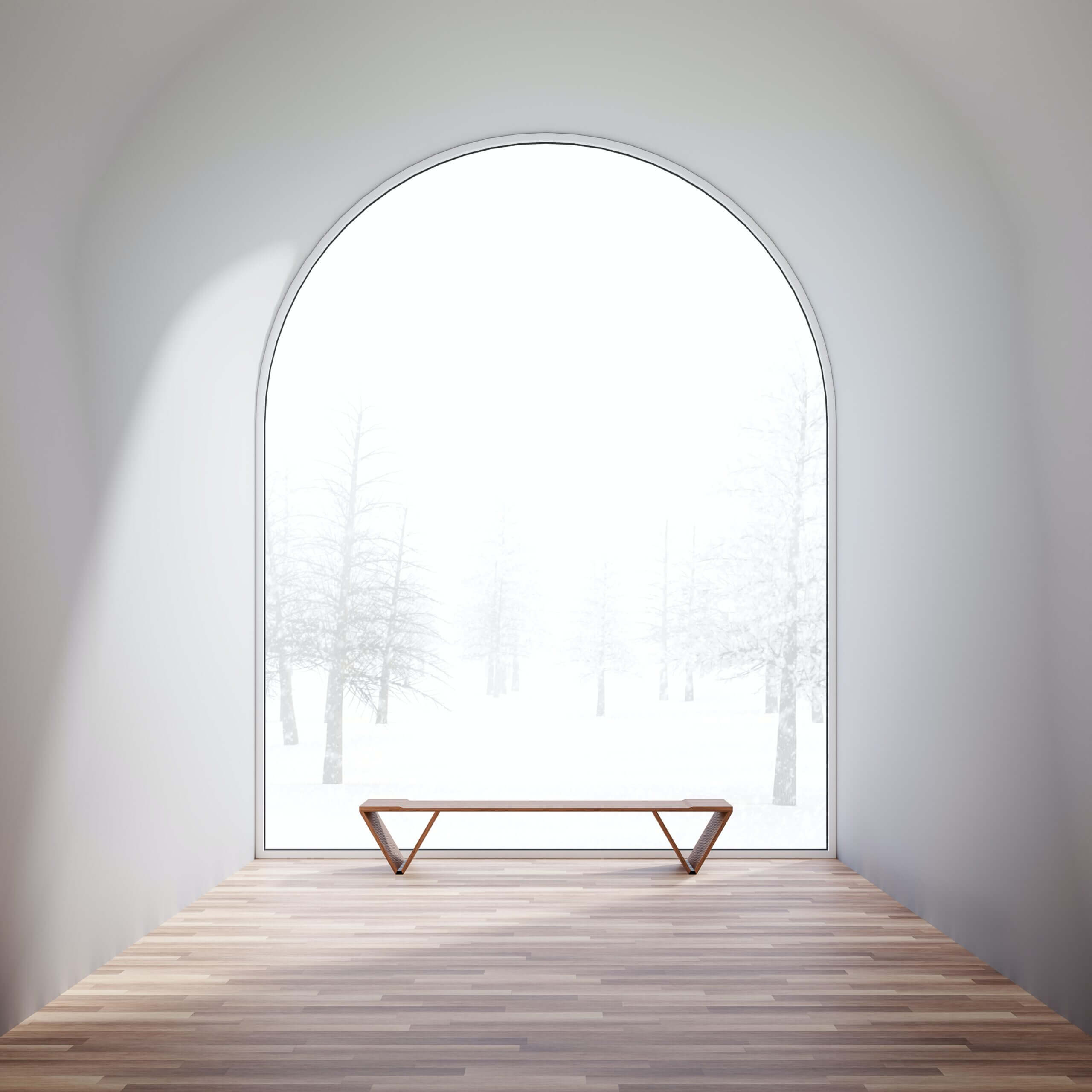Average Window Replacement Costs in Georgia
Here is what most homeowners pay per window installed. Material upgrades and custom shapes raise costs, while larger projects can reduce the prices.
- Basic: $575 to $1,000
- Mid-Range: $825 to $1,300
- High‑End: $1,250 to $2,700
Typical cost split: Materials are about two‑thirds of the total, and labor about one‑third. Permit fees, disposal, and any framing repairs are additional.
Window Costs by City in Georgia
Costs can vary from city to city because of local labor rates, how easy your home is to access, and coastal wind requirements. The prices below show typical installed costs for a standard vinyl double-hung insert window — with no framing repairs.
| City / Metro Area | Typical Per‑Window Installed Price | Notes |
|---|---|---|
| Atlanta / Sandy Springs / Alpharetta | $650 to $1,150 | Higher labor and access in dense areas |
| Augusta | $600 to $1,050 | Solid value, steady contractor availability |
| Columbus | $600 to $1,050 | Competitive pricing, moderate labor rates |
| Macon / Warner Robins | $575 to $1,000 | Often among the most budget‑friendly |
| Savannah | $675 to $1,200 | Coastal exposure raises specs and price |
| Athens | $600 to $1,050 | College‑town demand, older homes in core |
| Gainesville (North Georgia) | $600 to $1,075 | Hilly access can add time |
| Brunswick / Golden Isles | $700 to $1,250 | Coastal logistics and wind ratings add cost |
Lowest and highest window replacement costs in Georgia:
- Most Expensive: Atlanta metro and coastal counties.
- More Affordable: Middle Georgia and parts of the Chattahoochee Valley.
Energy‑Efficient Vinyl Window Replacement Costs in Georgia
Energy‑efficient vinyl windows are a strong fit for Georgia’s hot, humid summers and mild winters. Look for double‑pane, Low‑E glass, a low Solar Heat Gain Coefficient (SHGC) to block solar heat, and tight air seals. In coastal zones, homeowners often add laminated or impact‑rated glass for storm protection.
- Average Energy‑Efficient Vinyl Cost: $625 to $1,150
- Triple‑Pane Upgrade: Add $150 to $350
- Laminated or Impact‑Resistant Glass: Add $200 to $500
City‑Specific Pricing — Energy‑Efficient Vinyl
These ranges reflect common installed prices for energy‑efficient vinyl windows across the state.
| City / Metro Area | Typical Per‑Window Installed Price |
|---|---|
| Atlanta / Sandy Springs / Alpharetta | $700 to $1,200 |
| Augusta | $650 to $1,100 |
| Columbus | $650 to $1,075 |
| Macon / Warner Robins | $625 to $1,050 |
| Savannah | $725 to $1,250 |
| Athens | $650 to $1,100 |
| Gainesville (North Georgia) | $650 to $1,125 |
| Brunswick / Golden Isles | $750 to $1,300 |
Return on Investment of Energy‑Efficient Windows
- Resale Value: Vinyl window replacement often returns about 65% to 70% of project costs at resale.
- Energy Savings and Comfort: Efficient windows can lower cooling loads, cut drafts, and reduce outside noise.
- Local Incentives and Discounts: Some utilities or local programs offer limited rebates. Check with your carrier.
What Affects Window Replacement Costs in Georgia?
Small choices add up. Knowing these levers helps you compare quotes fairly.
- Frame Material: Vinyl is the most affordable frame type. Fiberglass and composite cost more but deliver strong durability. Wood offers a premium look at the highest price.
- Glass Package: Low‑E coatings, gas fills, and laminated or tempered glass change both performance and price.
- Window Style and Size: Casement and awning windows often cost more than double‑hung options. Large picture, bay, and bow windows carry the highest prices.
- Home Age and Access: If your home is historic or it’s difficult to get to your windows, expect to pay more for extra time and labor.
- Permits and Codes: City permits and, on the coast, higher design‑pressure (DP) requirements can influence window glass and hardware choices.
- Project Size and Timing: Replacing more windows at once can unlock per‑window discounts. Off‑season scheduling may also save money.
Climate Considerations by Region in Georgia
Georgia stretches from coastal marsh to mountain ridge environments. Consider your location’s needs when choosing new windows.
Coastal Counties Like Savannah, Brunswick & Golden Isles
Salt air and storm winds call for corrosion‑resistant hardware, higher DP ratings, and laminated or impact‑resistant glass. Many homes also use shutters for code compliance and added protection.
Piedmont and Metro Atlanta
Long, hot summers make a low-E coatings valuable to block sun. Pair it with a low U‑factor for winter comfort and good air sealing to control humidity and pollen.
North Georgia Mountains
Cooler winter nights and windy ridges favor lower U‑factors, sturdy frames, and tight weatherstripping. Consider triple‑pane windows for noise along highways or near airports.
Popular Window Types in Georgia
- Double-Hung: Classic look, easy airflow, and simple cleaning with tilt-in sashes.
- Casement and Awning: Crank open for strong ventilation and seal tightly when closed — great for windy spots.
- Slider and Picture: Wide views and clean lines; picture windows do not open, so they are the most efficient.
- Bay and Bow: Add light and a cozy nook; plan for higher material and labor costs.
- Basement Hopper and Egress: Meet safety codes and bring in light; check local size and height rules first.
Best Window Brands for Georgia Homes
Quality varies by window brand and product line. Compare National Fenestration Rating Council (NFRC) ratings, warranties, and your installer’s track record.
- Andersen: Durable composite and wood‑clad options at premium prices.
- Pella: Wide range of materials and styles, from budget vinyl to upscale wood.
- Marvin: Excellent fiberglass and wood‑clad lines, with coastal‑ready hardware packages.
- Simonton: Solid, budget‑friendly vinyl with good efficiency.
- JELD‑WEN: Broad availability across the Southeast.
- Ply Gem: Wide vinyl portfolio at value price points, strong regional presence.
- MI (MITER Brands): Popular vinyl options with competitive pricing.
FAQs About Replacing Windows in Georgia
What’s the best window type for Georgia’s climate?
Energy‑efficient vinyl is the best all‑around choice. Choose double‑pane, Low‑E glass with argon. In coastal zones, consider laminated or impact‑rated glass.
When is the best time of year to replace windows in Georgia?
Spring and fall bring mild weather, but winter is workable in most areas and can offer off‑season savings. Reputable installers protect openings during installation year‑round.
Do coastal upgrades increase home value or lower insurance?
They can. Stronger openings and wind‑mitigation features may qualify for insurance discounts in designated coastal territories. Check with your insurer.
How much more do triple‑pane or laminated options cost?
Triple‑pane options generally add $150 to $350 per window. Laminated or impact‑resistant glass often adds $200 to $500 per window, more for large units.
Are rebates available in Georgia?
Utility rebates for windows are limited. Confirm with your provider. Some insurers may offer discounts when windows are part of broader wind‑mitigation upgrades in coastal counties.
Next Steps for Georgia Homeowners
- Set Your Priorities: Energy savings, sun control, storm protection, noise reduction, or all of the above.
- Compare Specs, Not Just Price: Check U‑factor, SHGC, DP ratings, glass packages, and warranties.
- Get Three or More Quotes: Ask for itemized bids covering window, glass, installation, trim, disposal, and permits.
- Ask About Volume Pricing and Lead Times: Replacing more windows can reduce your price per window.
- Explore Financing and Incentives: Look for any available utility rebates or insurance discounts in coastal areas.
Compare top-rated windows pros in your area.
Read real homeowner reviews, explore qualifications, and view promotions. Modernize makes it easy to browse professionals and find one that will be perfect for your project.
